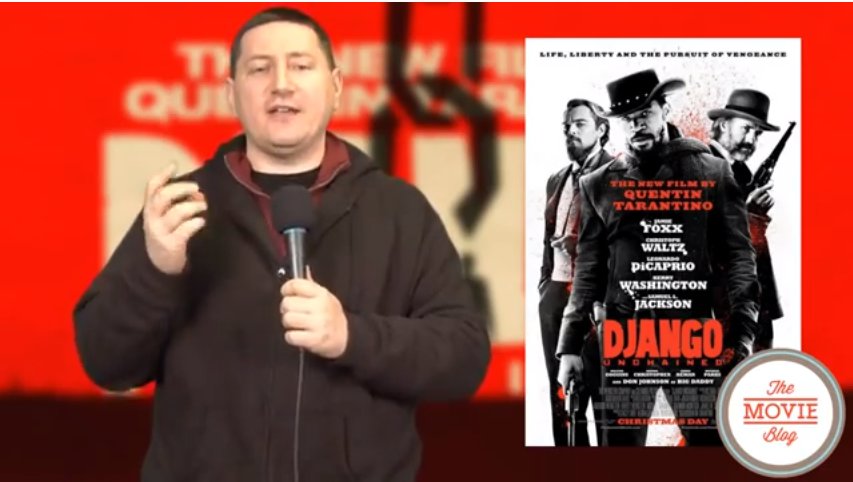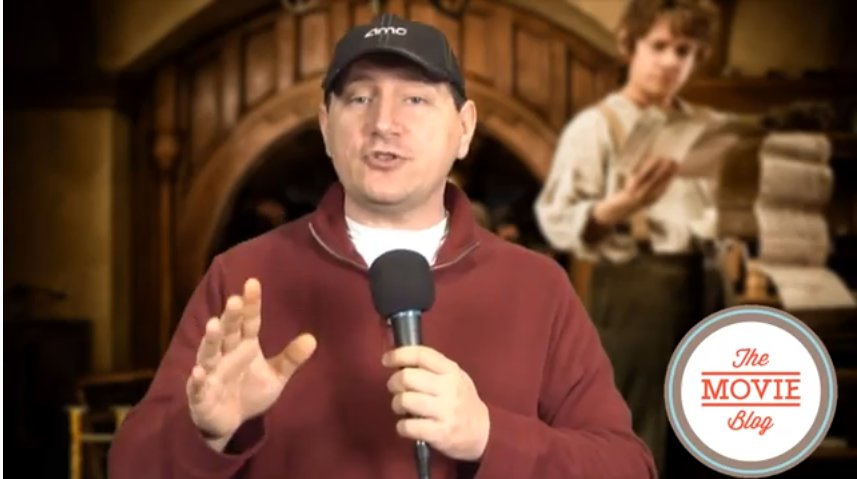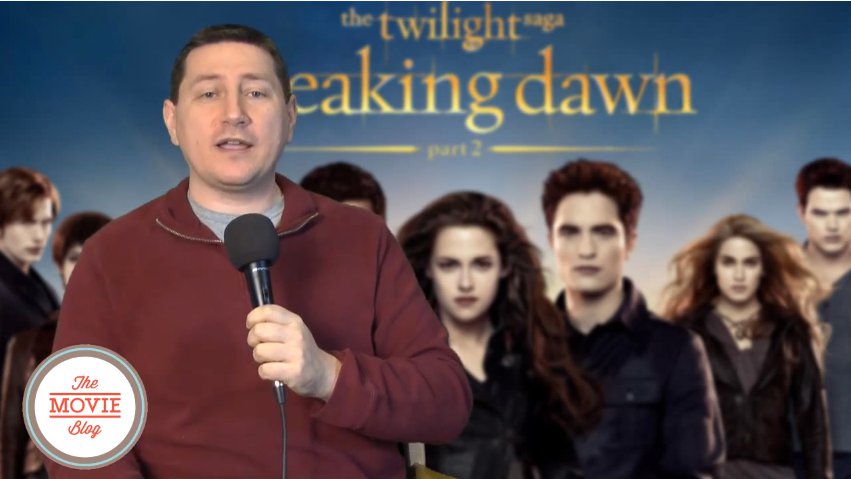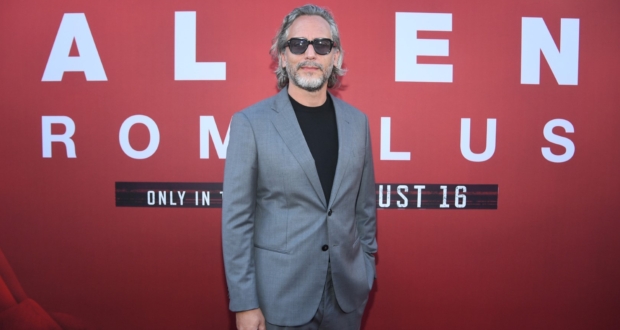 One of my favourite quotable lines in past movie history is a brief threat uttered by Paul Bettany in Knights Tale (shuddap – I liked it!)
One of my favourite quotable lines in past movie history is a brief threat uttered by Paul Bettany in Knights Tale (shuddap – I liked it!)
Bettany played the yet-to-be-famous Chaucer, and when he vows vengeance against his abusive debtors they call his bluff. “What are you going to do about it?”
I will eviscerate you in fiction. Every pimple, every last character flaw. I was naked for a day; you will be naked for eternity.”
Which brings me to this article I read today where popular writer Michael Crichton (Westworld, Jurassic Park) is accused of just that. A little back story here. Crichton is quite vocal about his belief that the entire concept of Global Warming is a myth. He has come to verbal blows on this very issue on a number of occasions. This has raised the ire of Michael Crowley who wrote a cover story in The New York Republic calling Crichton out on his “ludicrous opposition to a proven scientific phenomenon”.
Then Michael Crowley discovered in Crichton’s latest novel there is a rag doll character that has no affect on the plot that is named MICK Crowley. The excerpt from the book describes the pedophile rapist Mick as a Washington-based political columnist and Yale Alumni, two very specific characteristics that MICHAEL Crowley shares with his alleged fictional counterpart. The character is identified as being up for criminal charges for child molestation, revealed from “a well-documented hospital examination of the child. (Crowley’s penis was small, but he had still caused significant tears to the toddler’s rectum.)”
Seems a little harsh and overly graphic to go out of your way to invent a useless character in a book just to take a personal shot at a magazine writer. But what about movies that illustrate popular figures in less than shining moments?
Recently Sharon wrote a post about a pending legal case involving Bob Dylan over a character in Factory Girl which originally used Dylan by name and portrays him in a negative view. They have since changed the name in the movie claiming the character was not specifically Dylan.
As funny as it sounded to hear Chaucer say he was going to use his chosen craft to humiliate his oppressors, should this be tolerated?
At the end of every movie there is usually some block of text that says something like “Similarities of any of the characters herein to any real persons alive or dead is completely unintentional or coincidental.” Does this protect lawsuits based solely on unintentional parallels, or does this empower fiction writers to deliberately lash out at those they oppose and protect them while flinging their poop?? How exactly do you PROVE intent?
Should there be laws that cover this sort of artistic integrity? How do you decide when this line has been crossed?
How much is protection and how much is permission?
What do you think?




















